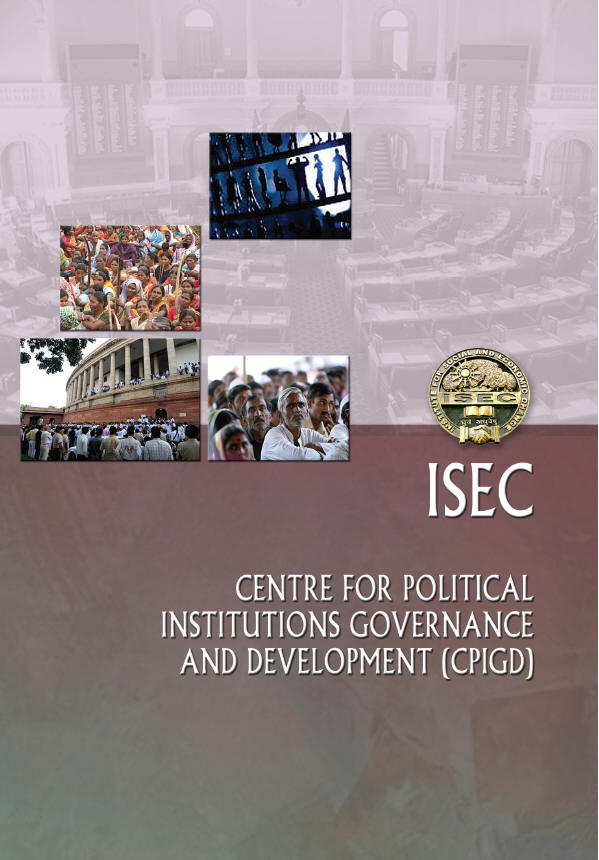Academic Centers
Centre for Political Institutions, Governance
and Development (CPIGD)
Background of CPIGD
The Centre for Political Institutions, Governance and Development (CPIGD) came into existence in 2006 as a part of restructuring of the units. This Centre was formerly known as Development Administration Unit, which was established in 1974 under the leadership of Prof. Amal Ray and Prof. B.S. Bhargava. Since its inception, the Centre has achieved many milestones by impressive publications of research projects (30), books (16), working papers (12), articles (450) and award of Ph.Ds. (19).
Recent Conference/Workshops
Conference on Migration, Informal Work and Urban Poverty: Interdisciplinary Explorations
Goals of the Centre
Issues concerning the study of social and economic change from the political and governance perspective are the major focus of the Center’s research. In recent years, the center’s perspective and research agenda has been changed in the context of globalisation, democratic decentralisation (73rd and 74th Constitutional Amendment and new political movements) and technological revolution (information and communication technology). The thrust areas for research, teaching, training and outreach are:
- Perspectives, theories, philosophies, and paradigms related to politics, governance and development.
- Development Politics – State and Societal relationships in historical, comparative and development perspective; Role of state, market and civil society on governance and development.
- Political and administrative institutions: Democracy, political parties, pressure groups, executive, legislature, judiciary, bureaucracy, and institutions of rural and urban governance. Political and administrative reforms for good governance in the context of globalisation and technological revolution (constitutional, electoral and administrative reforms).
- Implications of globalisation on polity, governance and labour – Trade Regimes, International Organisations and Development agencies
- Political and governance issues at the national and sub-national level as well as at the sectoral and cutting edge level covering agriculture, education, health, industry, irrigation, natural resources, power, welfare and poverty, E-Governance, public and private partnership.
- Issues pertaining to conflicts, communalism, corruption, terrorism, fundamentalism, sub-nationalism, regionalism, inter-state disputes, gender, ethics, poverty and environmental governance.


